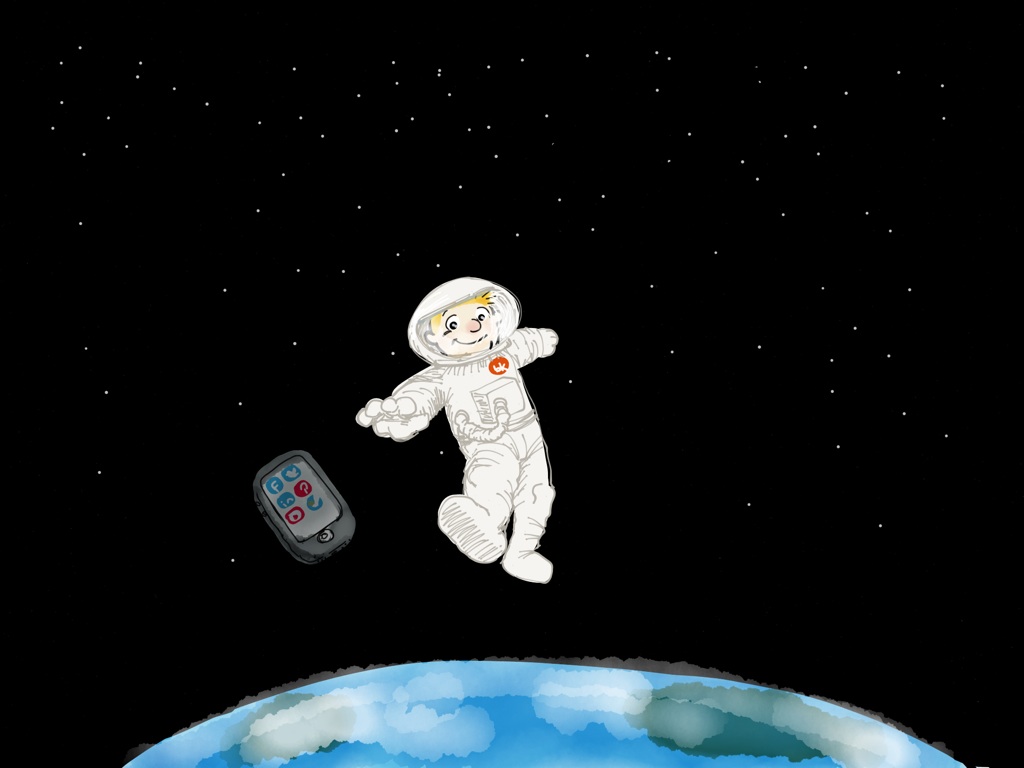As if the social media big bang had just happened last week, every few days, there’s an article or blog speculating about the next big thing.
 Contrary to what most people believe, for something else big to emerge and thrive, there’s going to have to be a new watershed event in communication technology along the lines of the telephone, email and mobile phones. I’m not a tech genius, so I don’t know what the next social game-changer is going to be. For a layman like myself, that’s science fiction territory: brain-computer interface, holographic avatars and hover-boards.*
Contrary to what most people believe, for something else big to emerge and thrive, there’s going to have to be a new watershed event in communication technology along the lines of the telephone, email and mobile phones. I’m not a tech genius, so I don’t know what the next social game-changer is going to be. For a layman like myself, that’s science fiction territory: brain-computer interface, holographic avatars and hover-boards.*
The fact is, most of these lists are compiled from the perspective that there’s still a yearning out there for some new social platform that the whole world will jump on. The flaw in that thinking is that the social media big bang was almost 20 years ago. For 10 years or so, the cosmic dust and gases swirled around and formed GeoCities, Friendster, AOL Instant Messenger and MySpace, but those were unstable bodies that dissipated relatively quickly.
Out of the chaos of the rapidly expanding social media universe emerged two stable bodies that persist to this day – Twitter and Facebook. Others have formed and maintained in the meantime – YouTube, LinkedIn, Pinterest, Instagram, Foursquare – and smaller bodies continue to swirl in the outer orbit – SnapChat, Vine, Tumblr and Whisper come to mind. Some of these smaller bodies will be around in five years, some won’t.
It’s likely that Facebook and Twitter will both be around though. There’s not enough chaos in the space any more, and they’ve learned from their predecessors’ failures. Keep it simple (mostly), watch for trends in usage and adapt – but without changing too quickly.
Never mind that every incremental change to the Facebook or Twitter profile page or newsfeed results in a user uprising threatening to jump ship. Where are they going to go? Google+ is out there, but that would be like colonizing Neptune. Who really wants to make that trip?
Elsewhere, like pulsars on the edge of the social media universe, apps are released daily that aim to cash in on some niche need and catch fire. They may shine bright for a few weeks or months, but then disappear.
It’s one thing to exist, but it’s another to sustain life. In the social media universe, that’s monetization. By far, Facebook, YouTube and LinkedIn have the most breathable atmosphere for making money. Twitter has habitable zones, but has some work to do. The others range from gas giant to rocky proto planet.
Really, the question shouldn’t be “what’s the next big thing in social media?” For the time being, it’s the things that are here. The better question is, what’s the next little thing in social media?
Like moons orbiting a larger body, most of the up-and-coming social media platforms rely on the big boys to provide enough gravitational pull to keep them from floating off into the inky blackness of space.
To wit: I wouldn’t use Foursquare (er… Swarm) if it didn’t update Twitter for me. Nobody would ever see the awesome YouTube video of my dog catching a ball if I didn’t post it to Facebook. And of course Vine and Instagram really only exist as outliers of their parent companies – Twitter and Facebook.
But it’s not really as much fun to speculate about the next little thing, is it?
The thing is, the big things are already here, and hoping for something to come along and replace them is like hoping for the Death Star to show up and create a new asteroid field out of them.
For most businesses, this means a focus on what works and what’s stable. There’s no sense in immediately tethering yourself to the app your kid just downloaded so that you get in on the ground floor.
At bloomfield knoble, we watch these trends and identify them and any possible business use so that our clients don’t spin off into space like Sandra Bullock at the beginning of Gravity. So until we’re all holographic avatars with nano-links to the Internet generated by our universal mainframe-uploaded brain, I think we’re seeing a stable orbit of social media “big things.”
Keep that in mind the next time you see one of those blogs.
*HUVr is a hoax
Thanks to the shortening of attention spans and his inability to finish a novel (phenomena that are unrelated, he assures us), Jeff Carrington has found the perfect job for himself as director of communications and social media at bloomfield knoble. When he’s not developing social strategies for clients in 140 characters or less, he’s tweeting about dive bars and dog parks, both of which he frequents with his Spitz-Terrier mix buddy, Ben, and other random humans.

